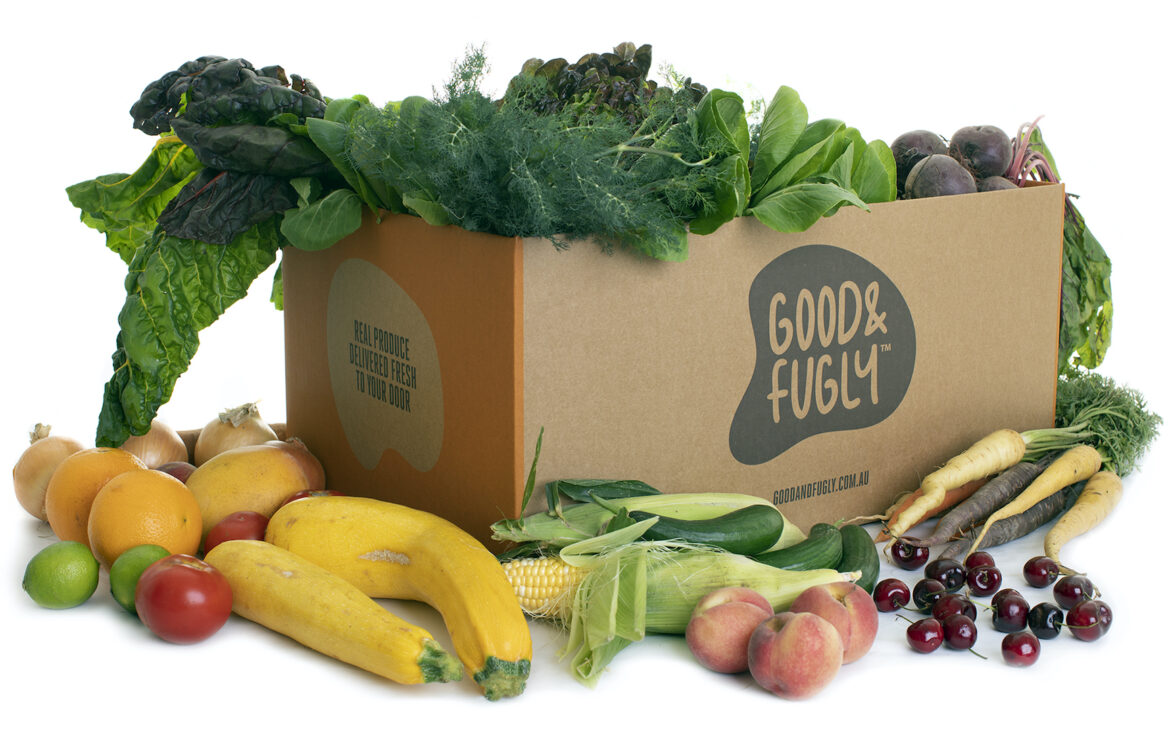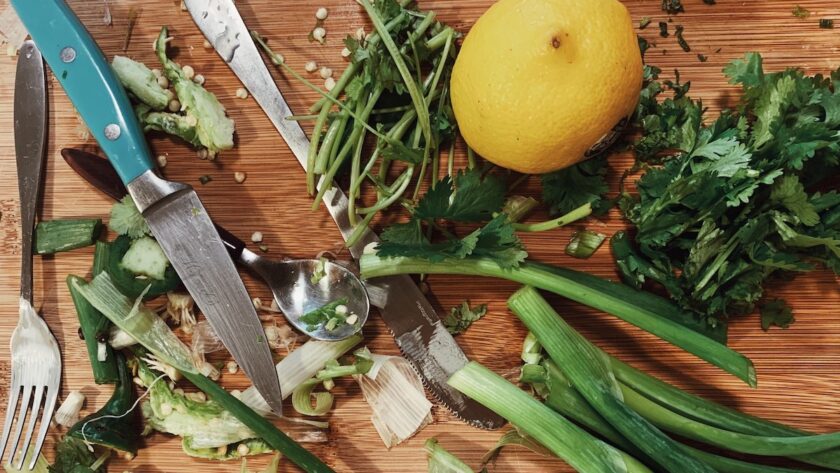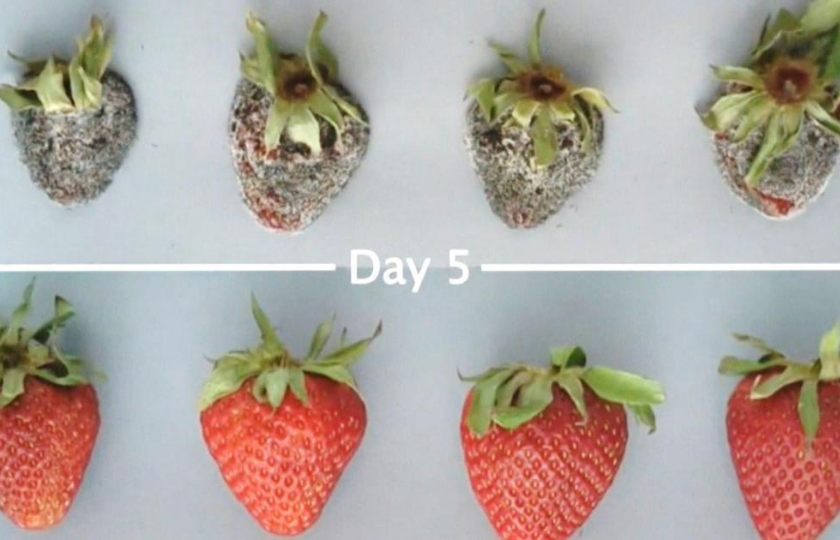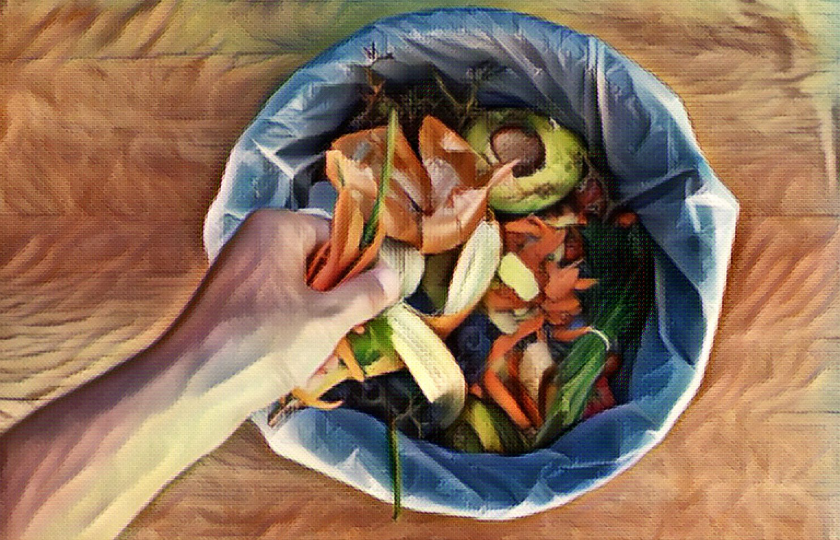Traditionally, most waste ends up in landfills, but scientists around the world, governments, and social entrepreneurs are beginning to develop innovative solutions to tackle food waste.
The amount of food waste generated worldwide is estimated to be 1.6 billion tonnes annually. With that total, the edible part or still suitable for human consumption amounts to 1.3 billion tonnes. Remember that this does not only amount to the food we throw away; food waste runs from farm to fork.
Global food production accounts for up to 30 per cent of greenhouse gas emissions, with the carbon footprint of food waste amounting to nearly 3.3 billion tonnes of carbon dioxide released into the atmosphere each year.
Viable.Earth has curated some great innovations from around the world to combat food waste.
Nine Innovative food waste solutions around the world
Good & Fugly (Australia)

In Australia, produce-delivery startup Good & Fugly has created a food waste solution by collecting healthy – but “ugly” – fruit and vegetables so they can be sold rather than discarded.
Good & Fugly sells boxes by subscription containing misshapen but fresh, seasonal produce and delivered weekly. Richard Tourino, Good & Fugly’s founder, says 30 per cent of the world’s farmland is used to produce wasted food.
“We want Good & Fugly to be a nationwide offering, we can see the waste issue, and we know consumers are keen to make a positive impact by jumping on board the fugly revolution,” says Tourino. “We’re also encouraging farmers to get in touch with us, so their quirky, misshapen produce doesn’t go to waste.”
Read more about Good & Fugly on Viable.Earth here.
Ito-Yokado Supermarket (Japan)

One of the largest supermarkets in Japan, Ito-Yokado, will perform a trial to offer variable discounts on food such as bread and desserts near their expiry dates to cut down on the amount of food thrown away.
In this trial, the supermarket will gradually discount prices on perishable goods to give consumers an incentive to buy products approaching expiration dates.
“Their prices will change depending on the day,” said the spokesperson, who declined to be identified by name.
StormFisher(Canada)

Canadian startup StormFisher transforms recycled food, waste, and water into fuel to reduce carbon emissions.
The startup collects leftover food from local food sources and incubates them to create a clean, renewable energy source called biogas. The remaining waste of the process will be used as organic fertiliser to nourish the soil.
According to the company, nothing is better than taking nutrients from excess food and returning it to its source, the soil, creating an organic cycle that helps minimise carbon emissions into the environment.
Read more about the company’s initiative on Viable.Earth.
Uncleree Farm (Thailand)

Thailand’s Uncleree Farm specialises in vermiculture composting, using earthworms, black soldier flies, and other native insects to turn food waste into compost.
According to the company, vermiculture compost has more nutrients than traditional compost that can help accelerate plant growth.
Beyond fertilisers, the company also works with local communities to turn food waste into other products like their Bio-fermented water, a multipurpose liquid that can repel insects and treat wastewater.
Biovessel (Taiwan)

Biovessel is an eco-project from Brooklyn Chao, founder of Miniwiz, a Taiwanese company that help upcycle consumer waste.
According to Chao, he saw a bigger problem in the huge amount of organic waste produced in restaurants and households around the world and thought of coming up with a convenient solution to motivate people to compost.
Biovessel works as a tabletop eco-system that uses earthworms to turn food waste into fertile soil for plants and other projects. It works using an algorithm Chao and his team developed after observing worm activities for 150,000 hours and guarantees an optimal condition for decomposition.
Each Biovessel can compost up to 3kg of food waste per week.
Jsamey Biotech (India)

India’s Jsamey Biotech aims to curb food waste generated from restaurants by turning it into bottled biogas and the excess as organic fertiliser. The company collects food waste from hotels and restaurants in the country and converts it using a process called bio-methanation.
Methanogenesis or bio-methanation is the formation of methane by microbes known as methanogens. Microorganisms degrade organic matter via cascades of biochemical conversions to methane and carbon dioxide.
The gas generated will be packed, bottled and sold as compressed biogas. According to the company, its biogas product is 25 per cent cheaper than regular LPG.
Cockroach Farms (China)

In Jinan, China, agri-tech company Shandong Qiaobin has found an unconventional food waste solution – feeding organic waste to cockroaches.
The company can dispose of around 50,000 tonnes of food waste daily by feeding them to billions of cockroaches raised in their corral.
Once the critters reach the end of their lifespan, they are turned into food for livestock or sold into drug companies as traditional medicine ingredients.
“It’s like turning trash into resources,” Shandong Qiaobin chairwoman Li Hongy told Reuters.
Upprinting Food (Netherlands)

In the Netherlands, Elzelinde Van Doleweerd and Vita Broekan teamed up with 3D Food Company and founded Upprinting Food, a company that promotes sustainability by upcycling food scraps into 3D printed snacks.
One might think that this is gross, but the 3D printed snacks are made from edible food that restaurants would otherwise throw out.
To create crunchy snacks, excess fruits, vegetables, and bread are combined with herbs and spices to create food ink for the 3D printer. After printing, the food is baked and dehydrated to create delicious upcycled food crisps.
Apeel (USA)

Manufacturers have been using waxing since the 1960s to extend the shelf-life of produce. But, unfortunately, the procedure involves unsustainable or even toxic substances, such as carnauba wax or beeswax.
California-based food tech company Apeel has developed a more sustainable way to preserve produce – by creating an edible coating made from agricultural waste like leftover grape skins that can prolong the shelf life of fruits and vegetables fivefold.
According to the company, the edible coating can even deliver a day-of-the-week bunch of bananas, each ripening on a different day.
It’s up to us all…
While all these innovations are commendable, it is up to each and every one of us to help curb food waste. Actions as simple as purchasing only what you can consume, segregating biodegradable from non-biodegradable to help make composting easier, or properly dating your food when storing it in the fridge so you don’t throw them away when they’ve not yet expired all help as well.



